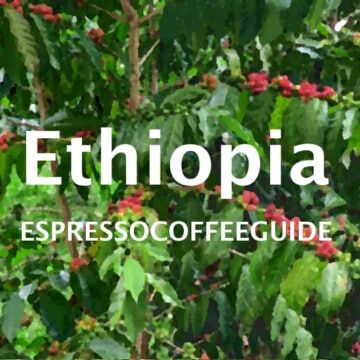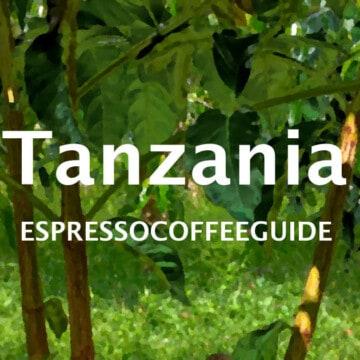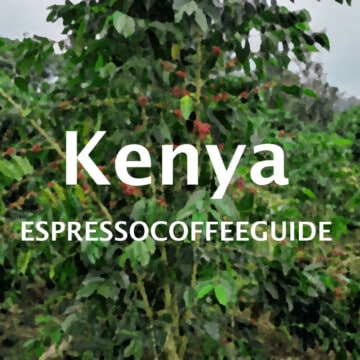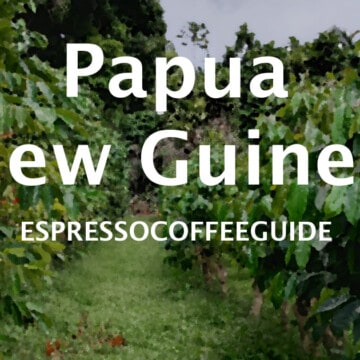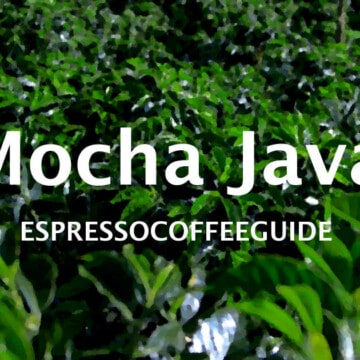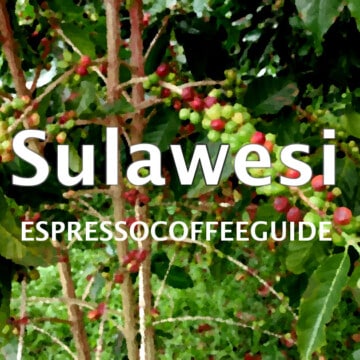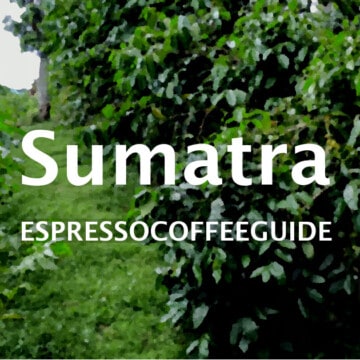Hey! I'm Skylar, the editor at EspressoCoffeeGuide.com

I started an ecommerce store in 2011 that sold coffee products coast-to-coast, reaching tens of thousands of paying customers. Along the way, I kept my finger on the pulse of the business, having one-on-one conversations with over 3,000 customers via our customer support phone and developing a deep understanding of what people actually care about when it comes to coffee.
Dive in and learn the ins and outs of coffee, and join the discussions if you have any questions!
What is EspressoCoffeeGuide.com
At the Espresso & Coffee Guide, we've found that the the coffee industry has suffered from a lack of good, basic consumer experience. The "pros" or "connoisseurs" fall into the same trap as the wine industry: speaking in lingo and industry jargon that simply isn't useful for the 80% of the mid-market coffee experience.
All this does is create an isolated barrier around the top 1% of hobbyists, with a perception that good coffee is something that needs to be "reviewed".
Coffee is a purely personal experience, as we explain in the best coffees in the world guide, with no two people sharing the exact same tastes, and with a constantly developing palette.
A coffee that "scores" a 93/100 is only great in a narrowly defined context, and is almost never worth double or triple the cost of a coffee that suits your individual taste but may "only score" an 80.
Top coutries
We believe it's time to give control back to the people
While there is some value in exploring the depths of what can be defined as "good" coffee, there is a little bit of the pareto principle at play - possibly even more exaggerated as a 95/5 rule.
Spending a little time educating yourself about the single origins, buying fresh roasted coffee and grinding it just before brewing, then following some simple brewing guidelines, will get you 95% of the way to a better coffee experience.
The other 5% to achieve that so-called "100" scoring coffee experience takes 19x as long to learn (and sometimes costs that much more), with minimal pay off. Let's be honest, most people have better things to do with their time.
We're here for the 80% mid-range of the coffee market, to provide a guide full of information to make their own choices.
We're probably not right for the 10% of the bottom who will drink anything with caffeine.
And we're probably not right for the top 10% who see it as an intellectual pursuit.
Rather than define some arbitrary, absolute value to rate coffees against, we aim to provide guidance in choosing coffee that's right for you. Whether you want another "mellow" coffee like the Colombian coffee you enjoy, or another "fruity" coffee like the Yirgacheffe you've grown tired of drinking for the past year, we're here to offer suggestions and alternatives.
To that end, we use not only written feedback directly from consumers, but also sales volumes and repeat purchase data from coffee roasters to generate comparisons and recommendations that are freely available to read online.
Disrupting the Supply Chain, and Opening the Lines of Communication
The coffee supply chain, going from growers to processing stations within a country, exporters, importers, distributors, roasters and ultimately the end user, creates a logistical nightmare for tracking and accountability. It often still relies on paperwork (literally paper, with information copied by hand a dozen times).
At the same time, the broader food industry has seen a movement to a "farm to table" consumer preference over the past decade. This has enabled people to appreciate the food they're eating more, and even at times, pay more for transparency. This is a difficult trend to follow with an international coffee supply chain, but one worth exploring.
Coffee Farmers are Coming Online, Looking for Customers
More and more of the world is becoming more connected, with giant firms investing in satellites (Facebook's internet.org and SpaceX constellation) to blanket the entire globe and connect the remaining 3+ billion people with the world's total knowledge online.
With internet expanding into the poorer countries where coffee is typically produced, the coffee farmers are learning better growing and processing methods and increasing their yields as well as the quality of their crops.
We believe this access to information and education is not only good, but that there's a moral obligation to contribute to it, to improve the lives of billions. But that's not all.
Farmers, who for the entire history of humankind, have been isolated from their end user, are now able to market and sell to them directly. They want to engage with the people drinking the coffee they've worked with for months on end, getting feedback and telling their story.
We see emails weekly from farmers all over the world looking to sell their coffee direct to coffee roasters, increasing their livelihoods as well as their margins, and creating a more personal connection that consumers crave.
The ability to connect hundreds of thousands of farmers to millions of consumers was unthinkable decades ago. It still is to many of the "old guard" of the coffee industry, who fight it tooth and nail as their influence wanes. But is now possible thanks to new and efficient ways of processing and sharing data.
A Flatter Coffee Industry
With the proper guidance and technology, we believe that the future of the coffee industry lies in farmers in remote locations around the globe selling direct to end-users at home. To achieve this, we're working with:
- Coffee brokers and importers to manage the logistics of getting coffee into the national markets, to deliver to coffee roasters
- Coffee roasters to assist in financing, roasting and last-mile delivery to consumers
- Technology companies to seamlessly transfer information across all parties, and to automate as much of the (portioning, roasting and shipping) process as possible in order to keep costs low
In this flat structure, consumers set the terms and trends rather than self-important middlemen, and farmers are able to get direct feedback to make changes without the use of inefficient NGOs with their own agendas.
Is it a long-term, ambitious goal? Maybe. But we're not pushing the envelope by ourselves.
Other companies are the ones bringing the farmers online.
Other companies are the ones making importing more seamless and cost effective.
Other companies are developing the online tools to share and collaborate anywhere in the world.
Other companies are providing the base technology to allow roasters to do more with less.
We're simply riding the wave and stitching the pieces together.
Buy Gourmet Coffee Beans
- ✔️ Fresh roasted to order
- ✔️ 100% high qualtiy Arabica coffee
- ✔️ Custom grind (or whole bean)
- ✔️ 1-way valve, laminate bag (for freshness)
- ✔️ Bulk discounts


